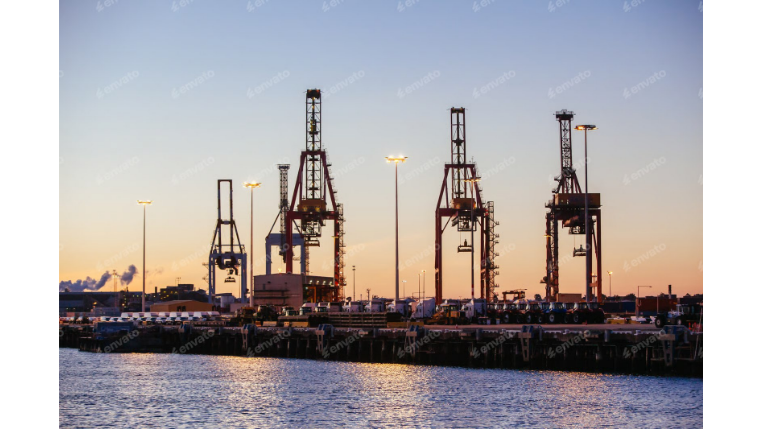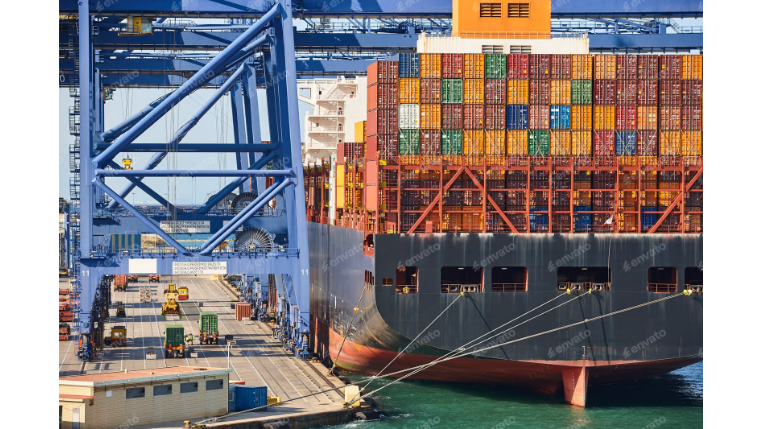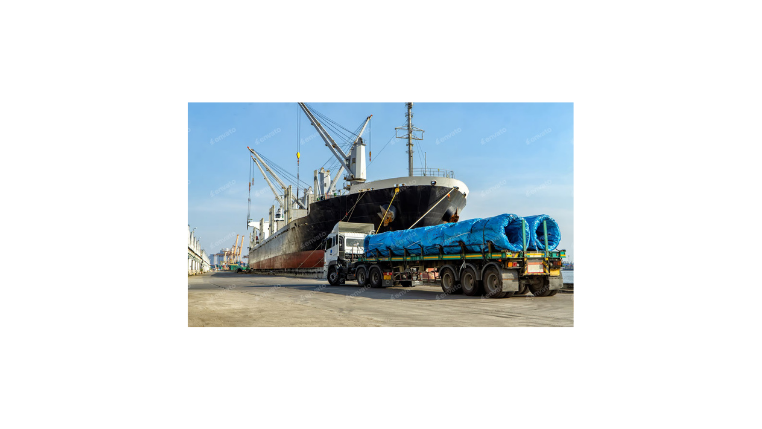In the high-stakes world of logistics, negotiations are a daily reality. From securing favorable freight rates to finalizing long-term contracts with carriers, the negotiation process is a fundamental part of commerce. Historically, negotiations have been viewed as a zero-sum game—a battle of wills where one party's gain is the other's loss. However, in today's interconnected and trust-driven economy, a new approach has become the strategic standard: a transparent negotiation process.
This guide will define what a transparent negotiation process is, why it is no longer a luxury but a necessity, and how adopting this approach can lead to more resilient, profitable, and enduring business relationships, especially within the complex logistics and supply chain management sector.
What is a Transparent Negotiation Process?
A transparent negotiation process is a negotiation conducted with honesty and open communication, where both parties share relevant information, intentions, and constraints. It’s an approach that moves away from hidden agendas and misinformation, focusing instead on mutual understanding and finding a solution that benefits all parties involved. In a transparent negotiation, the goal is not to win at all costs, but to build a foundation of trust and respect that can support a long-term partnership.
This approach is characterized by:
- Open Communication: A willingness to openly discuss goals, challenges, and expectations.
- Shared Information: Providing relevant data, such as cost breakdowns, market conditions, or operational constraints, to build a shared understanding.
- Honesty and Integrity: A commitment to being truthful about limitations and opportunities.
Why Transparency Is Critical for Your Logistics Business
Adopting a transparent negotiation process is not just a moral obligation; it is a strategic business decision that offers significant advantages in the logistics sector.
1. Builds and Strengthens Trust in the Supply Chain
Trust is the lifeblood of any successful logistics partnership. A transparent process sends a clear signal to your partners and clients that you value honesty and are committed to a fair relationship. This trust is a foundational asset that can help you weather challenges, resolve disputes amicably, and foster a strong, collaborative working environment, as highlighted by sources like SupplyChainBrain.
2. Increases Efficiency and Reduces Disputes
Negotiations built on opaque information and hidden fees are often slow and fraught with conflict. The lack of clarity in freight costs can lead to a labyrinth of unexpected charges, making accurate budgeting nearly impossible. A transparent process, where detailed cost breakdowns are shared openly, speeds up decision-making and reduces the likelihood of future disputes by ensuring all parties have a clear understanding of the agreement from the very beginning. According to nVision Global, this clarity is imperative for businesses seeking to gain control of their budgets and optimize their supply chains.
3. Fosters Long-Term, Resilient Relationships
The goal of a transparent negotiation is not just to close a deal, but to build a lasting partnership. In the supply chain, these relationships are crucial for resilience. When a transparent negotiation process is used, both parties are more likely to be satisfied with the outcome, leading to greater loyalty and a willingness to work together to overcome future challenges, such as unexpected supply chain disruptions.
4. Enhances Your Brand Reputation
A reputation for being fair and transparent can be a powerful marketing tool. In a competitive industry where trust and reliability are paramount, a reputation for honesty will make you a preferred partner for clients and suppliers alike. This enhanced brand reputation can lead to new business opportunities and solidify your position as an industry leader.
Key Pillars of a Transparent Negotiation
Achieving a transparent negotiation process requires a conscious effort and a commitment to a new way of thinking. Here are the key pillars that you should focus on, based on best practices from industry experts:
- Share Your Goals and Constraints: Start the negotiation by being open about what you hope to achieve and what your limitations are. This encourages collaboration and helps your counterpart tailor their services to your needs.
- Communicate Clearly and Respectfully: Avoid jargon and vague language, especially in logistics contracts. Be direct and clear in your communication, and always treat your counterpart with respect, even when you disagree. As emphasized by DSV, a clear scope of agreement is vital to prevent ambiguity in clauses related to KPIs and liability.
- Focus on Mutual Value: Move away from a zero-sum mindset. Instead of focusing on what you can take, focus on what you can both create. Look for opportunities to add value to the partnership that will benefit both parties.
- Leverage Data: Use objective performance data to support your claims and decisions. Transparency in logistics provides a wealth of data that can be used to strengthen contract negotiations by supplying objective performance metrics. As noted by Forbes, this data-driven approach can help secure better deals and foster more collaborative relationships.
Conclusion
In conclusion, a transparent negotiation process is a powerful strategic asset in the logistics sector. By prioritizing honesty, open communication, and shared understanding, you can move beyond transactional deals and build resilient, long-term partnerships. In an industry where collaboration and trust are more critical than ever, a commitment to transparent negotiation is not just a sign of integrity—it is the key to building a more efficient, secure, and successful business.










